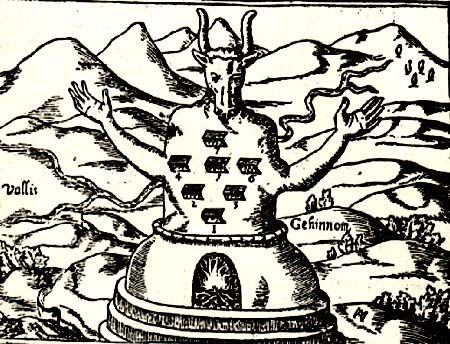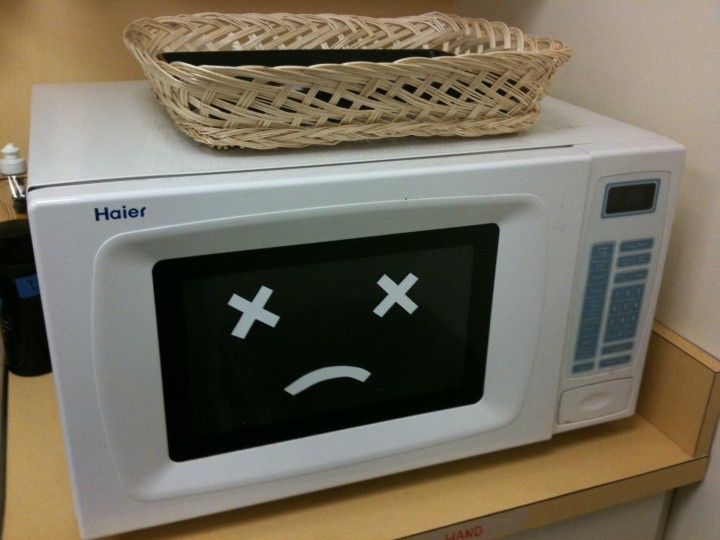I maintain a list of users who have been edit-blocked, banned, or deactivated, that I find in my own Quora journey, or that others have reported to me.
I maintain a list of users who have been edit-blocked, banned, or deactivated, that I find in my own Quora journey, or that others have reported to me.
Because they remove any question relating to the banning of any user. Kearns is not being singled out.
Will Quora Moderation explain why a particular user was banned?
I’m withholding answers this fortnight. Jennifer will tear me a new one, because Time Out on Quora really is supposed to mean Time Out on Quora, where I would be just updating entries on Necrologue.
But, on the Necrologue:
2017–06–20 by Nick Nicholas on Necrologue
2017–06–17 by Nick Nicholas on Necrologue
Your account has been banned because it has been linked to suspicious and/or malicious activity that violated Quora’s policies and guidelines.
Without knowing about, or wanting to know about, the particulars of these bans:
Quora was giving no justification for bans for a long time. Then it was, and it was mostly BNBR. Then it wasn’t again.
Then it started giving justifications so vague, I’ve been counting them as equivalent to None Given: “Multiple Violations”.
This month, “Suspicious and/or Malicious” has shown up.
The acute problem with this is, “Suspicious” is not an assertion that an offence is proven, only that it is suspected.
Users being banned on the mere suspicion of nefarious activity? That’s even worse than not giving any rationale at all.
I’m now resuming my Quora Time Out.
When confronted with horrifically Kafkaesque opacity, one can only retaliate with sunlight.
This is an accidental find:
What’s happening to one of my answers on Quora? Are there upvote bots?
From the details:
UPDATE: After an investigation, it seems my answer was targeted by spam bots or spam profiles (unknown reasons). Attached is the message from a Quora Moderator. It pays to colour within the lines and to report suspicious activity!

So, whatever else it may mean, “suspicious activity” is a new word for Spamming.
EDIT: Maybe. Though this putative moderator was themselves banned, and the ban wording was “The content was deleted because it is in violation of our spam policy”: The Mystery Moderator. So my conclusion was premature.
P.S. I’m fascinated at my spontaneous themselves just then. It has a specific referent alright, but one whose true identity (and thus true gender) is under dispute; so I used the gender-neutral alternative after all…
This marks my 2500th answer. This have I achieved; this noone gets to take from me.
Although I am now embarking on some answer downloading.
Hate Quora moderation? They have their uses. They have their blind spots. They have their tone deafness, and they have their mission.
When I was coming down from my erstwhile anger about Quora, I said:
If Quora Moderation continues to be Moloch, and impassively and mutely receive burnt offerings… well, no point getting angry at Moloch. He’s just an oven.



After receiving two BNBRs in a day, I’ve gotten my answer count up to 2500; I’m downloading them; and I’m taking a couple of weeks’ break. I will be logging in to update the Necrologue, and maybe banter on the odd question, but I am withholding answers.
I’ll be back.

So will Moloch.

To quibble (and I’ve spoken about this before, as has others): Quora *does* support emojis, and does not (yet) have an explicit policy against them—only because it has made it hard for people to use them. If people do start using them, as Alexander Lee found with coloured lettering, the Policy Arm of Quora will surely spring into action.
If you want to make sense of English vowel pronunciation, Middle English phonology – Wikipedia is always a good place to start.
Do had a long ō. (As it still does, allowing for the Great English Vowel Shift.)
The Middle English 3rd person of do was dōeth, if the verb was a main verb, and dōth, if it was an auxiliary.
Long ō before a th normally became /uː/, as in sooth, booth; but it sometimes became /ʌ/, as in mōther, ōther. And dōth. (No, I don’t know what the rule was, if any.)
Does is a conventional spelling of dō-s replacing dō-th (evoking do-eth). As far as I can tell, a Middle English dōs could only have ended up pronounced as /duːz/: I doo, you doo, she dooz. The pronunciation of the oe in does, to rhyme with buzz, is clearly carried over from the o of dōth: the -th changed to -z only after the ō had changed to ʌ.
… Ah. I see Brian Collins’ answer to How come does is not pronounced as /doʊs/? is the same as I worked out.
Give to her joy, you callused world, give peace,
this lady who should never, ever cry.
Let it have air to bloom, roots to release,
this beauty which should never, ever die.
This smile, which neither coin nor bonds can buy,
let it be sheltered from the bondsman’s blame.
This heart so generous, this glance so wry,
let their reward be more than they can name.
Sleep now, my sweet, sleep while the world’s aflame.
There will be time to mourn it yet. Your hair
smoulders in auburn whorls, which none can tame.
Tomorrow, you’ll catch fire again and flare,
to stand your ground, and take what you deserve.
The stars fall at your feet, eager to serve.
Nothing as comprehensive or as well maintained, for the reasons given in Michael Chen’s answer: noone’s strongly motivated to reinvent NLTK when NLTK is already there.
There’s a list of projects at gopherdata/resources. There’s bits of what NLTK does among them.
What does fluency mean in a conlang like Klingon?
Actually “fluency” is something of a misnomer I committed. What does good style mean in a conlang like Klingon? People clearly do differentiate between good Klingon and bad Klingon; on what basis do they do so, when the language is made up, and we don’t have any utterances from its creator longer than a couple of lines of barked orders?
It would be a challenge to get a linguistics department to take it seriously. It would be even more of a challenge to get a literature department to take it seriously, and it would be the kind of thesis that could do with input from someone dealing with rhetoric (which linguists tend to think beneath them). But there’s a PhD in it, for sure. And it spans across mental models of style, and fads in English prose style, and translation theory; in fact, it reaches into the theory of aesthetics.
It’s the question that got me into linguistics, btw (in its Lojban iteration). And I sort of have an answer for it, as the answer linked shows. But it can be filled out a lot more than that.